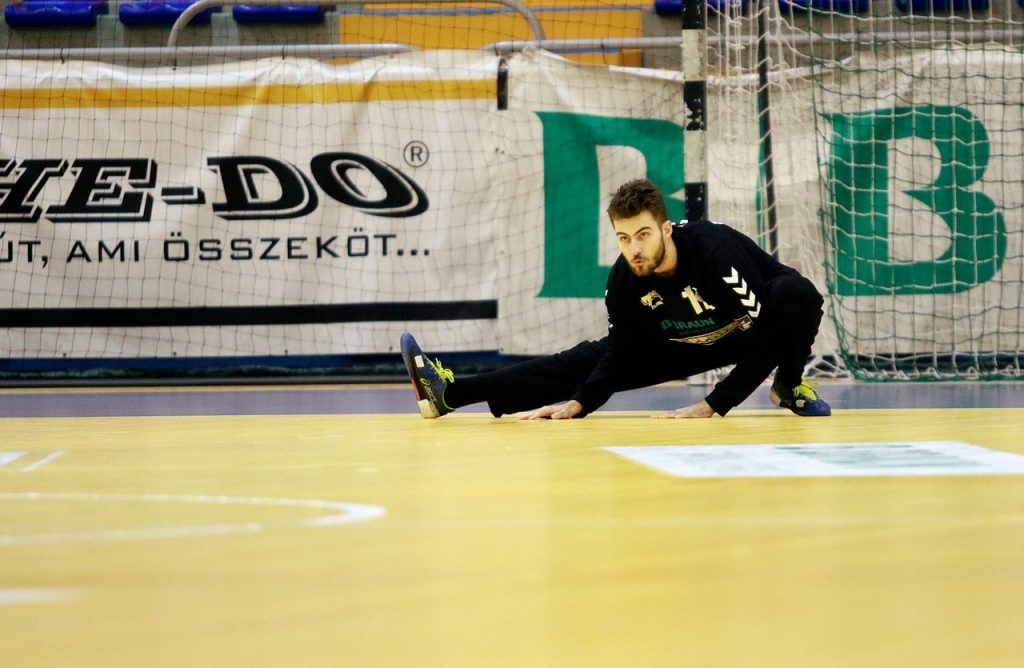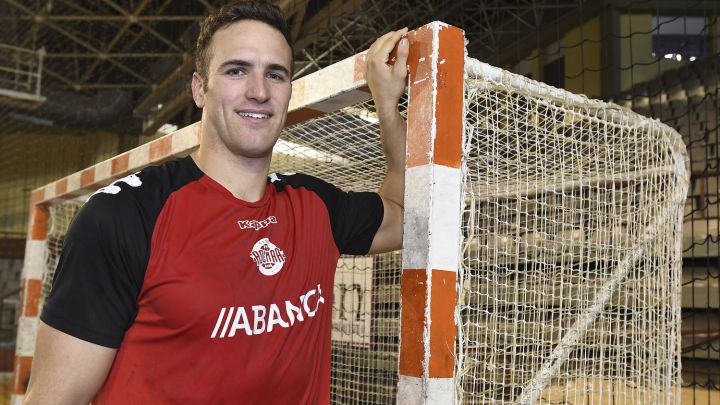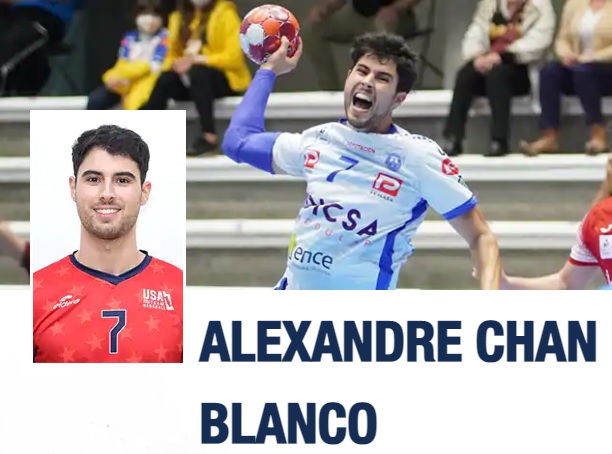Would you like to know when and where handball matches can be streamed online? If yes, follow Team Handball News on social media for regular updates: Twitter Facebook Instagram
While the U.S. and Canada have started Daylight Saving Time, Europe doesn’t start it until March 28. Because of this CET is currently just 5 hours ahead of US ET. Odds courtesy of Bet MGM and/or OddsPortal.
American Athletes in Action
- Pro Ligue (France)
- Nancy (-5.5) vs Angers (Tuesday, 2000 CET): Video Link )
- Abou Fofana plays left back and middle defense for Angers.
- This is the first month in almost a month for Angers as several matches had to be postponed due to positive COVID cases.
- Angers is in last place fighting to avoid relegation while Nancy is in 3rd place and seeking promotion to the LIDL Star Ligue.
- Fofana is no doubt looking forward to this match as he played for Nancy last season.
- Nancy (-5.5) vs Angers (Tuesday, 2000 CET): Video Link )
- EHF European League
- Leon vs Kristianstad ***Postponed***
- Drew Donlin plays defense and circle runner for Leon.
- Leon has had 5 members of its staff (players and coaches) test positive for COVID-19 and the 1st leg match in Leon had to be postponed. A match has been scheduled for next Tuesday in Kristianstad, but it’s not clear whether the match to have been played in Leon will be made up. If it isn’t the playoff will instead be decided by just the 1 match to be played in Sweden.
- Leon vs Kristianstad ***Postponed***
Other Matches this Week
- EHF European League: ehfTV
- The Last 16 playoffs start today and these teams will be playing 2 matches with the aggregate score for both matches deciding who will advance. These 1st leg matches today are being played at the lower ranked seeds home court so those teams will be looking to try and get a win by as many goals as possible to improve their chances in the 2nd leg next Tuesday. EHF Preview: Link
- Chekovskie (-0.5) vs Nimes (Tuesday, 1700 CET)
- Montpellier (-5.5) vs Kadetten Schaffhausen (Tuesday, 1845 CET)
- RK Nexe vs Rhein-Neckar Löwen (-5.5) (Tuesday, 1845 CET)
- GOG (-2.5) vs HC CSKA (Tuesday, 1845 CET)
- Fivers vs Füchse Berlin (-6.5) (Tuesday, 2045 CET)
- Sporting vs Plock (-1.5) (Tuesday, 2045 CET)
- HC Eurofarm Pelister vs Magdeburg (-4.5) (Tuesday, 2045 CET)
- HBL (Germany)
- Kiel (-5.5) vs Leipzig (Wednesday, 1830 CET) Video Link (VPN may be required; More info; What I use)
- LIDL Star Ligue (France): LNH TV
- Dunkerque vs Toulouse (-1.5) (Tuesday, 1800 CET) Video Link
- Creteil vs Chartres (Pickem) (Wednesday, 2000 CET) Video Link
- AIX (-4.5) vs Ivry (Wednesday, 2000 CET) Video Link
























